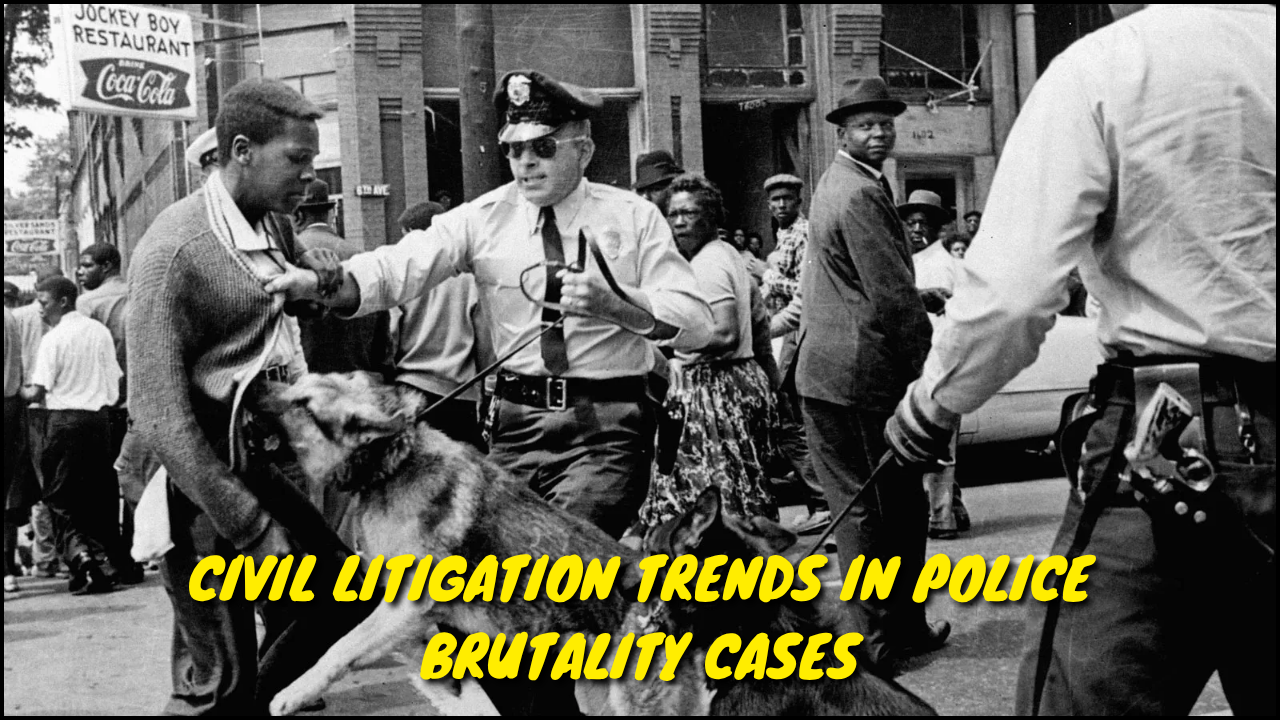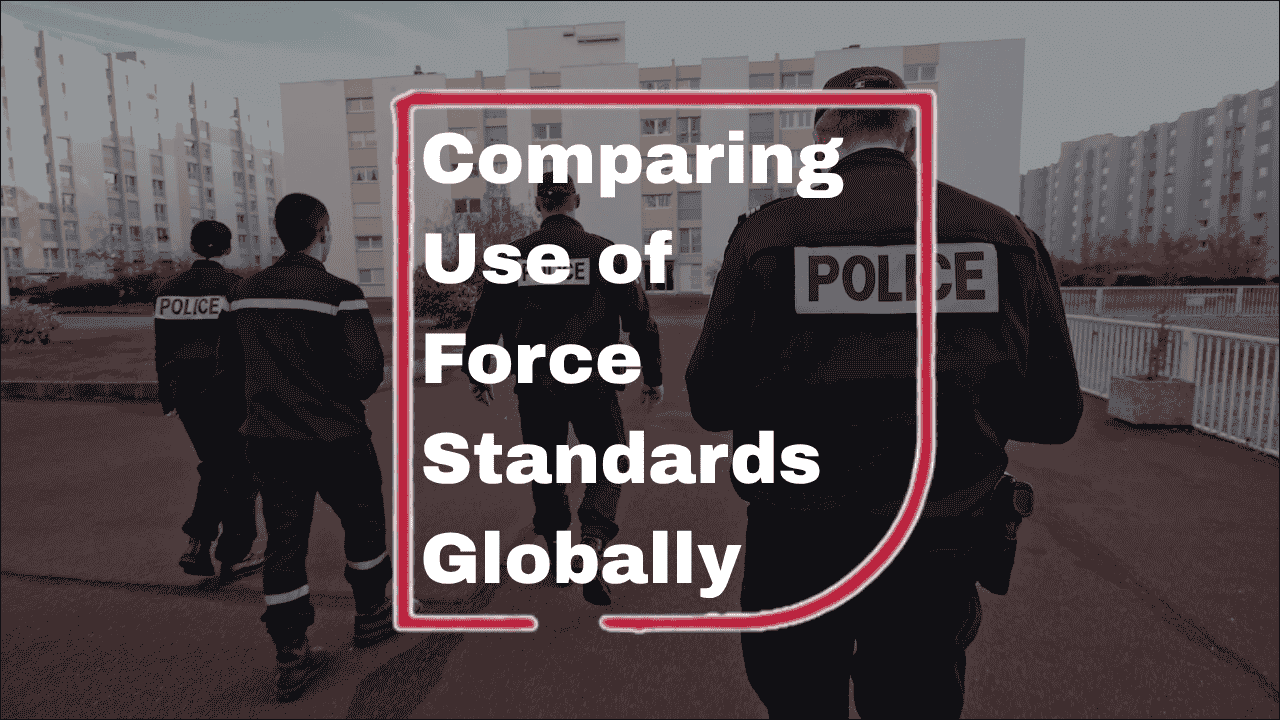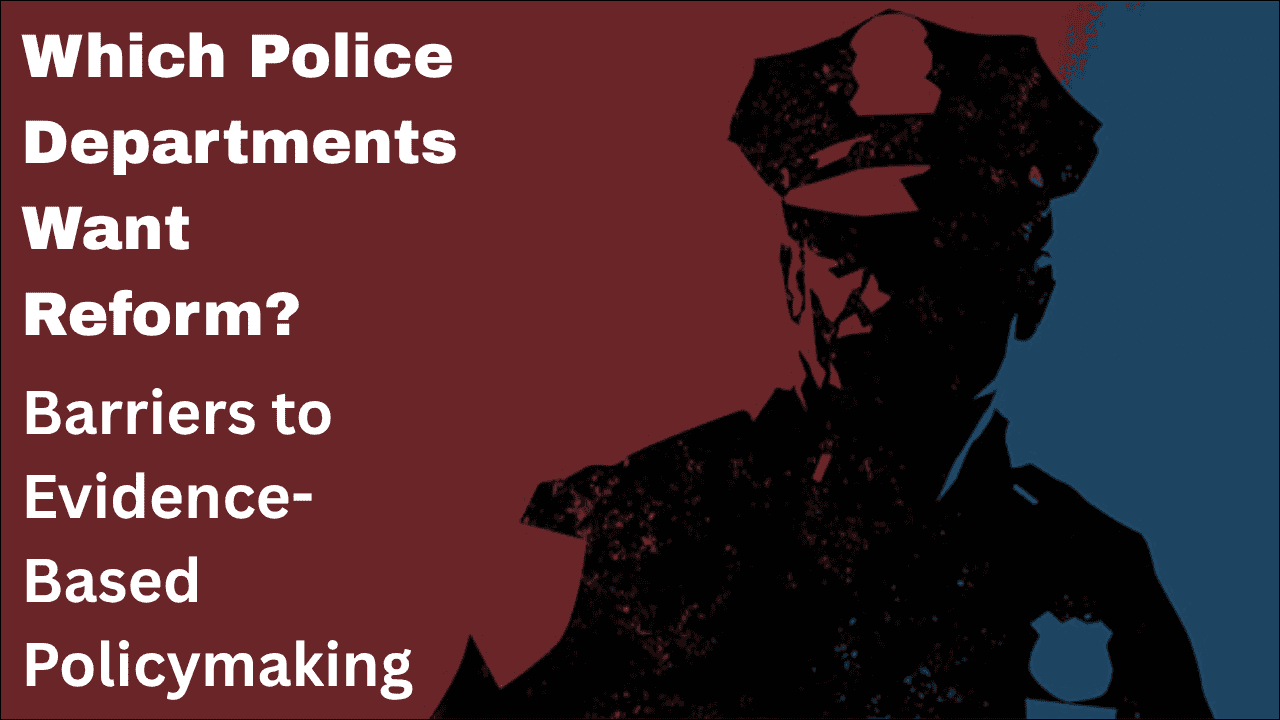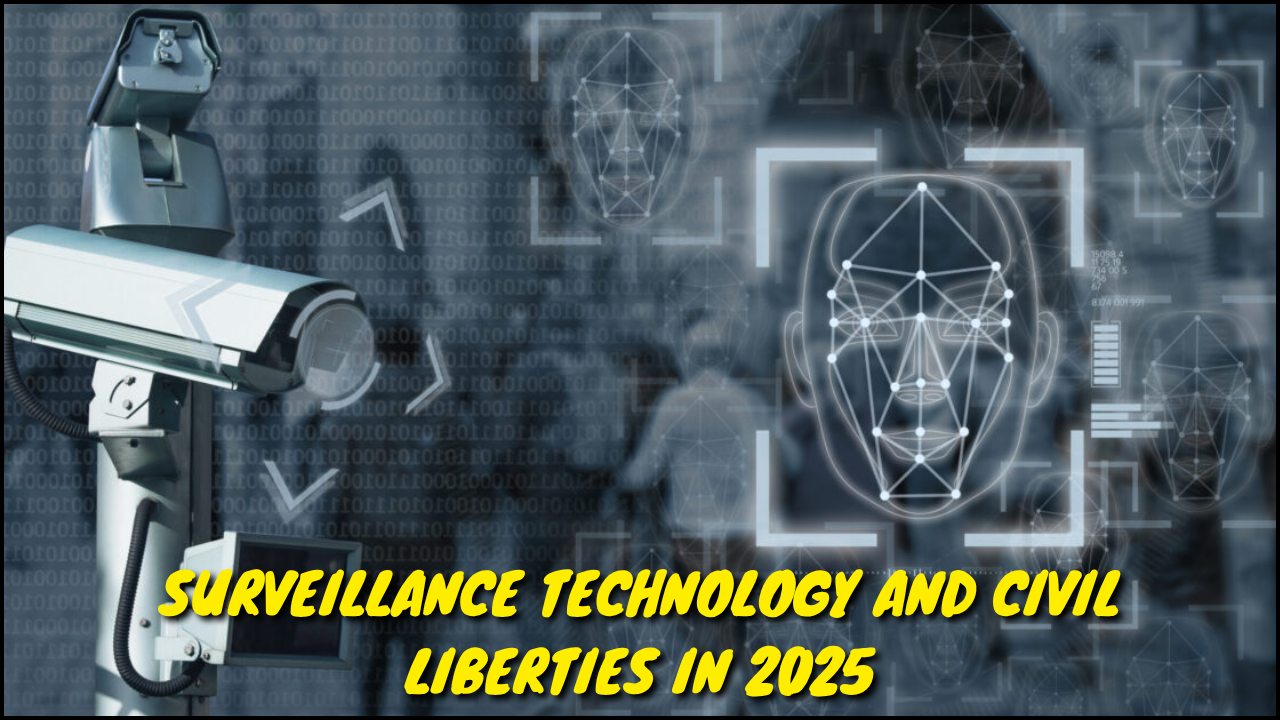
Academic research has played a transformative role in reshaping policing policies across the globe. Evidence-based studies, statistical analyses, and field experiments have provided lawmakers and police departments with solid data to reform practices, improve transparency, and build public trust. Public safety institutions, once guided mainly by tradition or internal protocol, are now increasingly influenced by rigorous academic insights. Research has given policing a measurable, objective foundation that helps leaders make informed decisions and adapt to community needs.
Table of Contents
Influence of Research on Policing Policies
- Evidence-Based Policing (EBP): Academic research introduced the concept of evidence-based policing, where data and tested strategies replace anecdotal or untested methods.
- Hot Spot Policing Studies: Studies have shown that crime clusters in specific areas, prompting the adoption of focused patrol zones instead of widespread coverage.
- De-escalation Training: Research on officer behavior and public encounters has led to the nationwide implementation of de-escalation training.
- Racial Profiling Analyses: Studies demonstrating racial bias in stops and searches have influenced reforms in stop-and-frisk policies and increased officer accountability.
- Body-Worn Cameras: University-led research has shown how body cameras reduce use-of-force incidents and complaints against officers, leading to their adoption in many departments.
Major Academic Contributions to Policing Policy Reforms
| Research Area | Policy Impact |
|---|---|
| Use-of-force Studies | Reduced aggressive tactics and introduced use-of-force reporting mechanisms |
| Predictive Policing | Shift from reactive to proactive crime prevention using algorithms and data |
| Procedural Justice | Training reforms focusing on fairness, respect, and transparency in policing |
| Mental Health & Crisis Calls | Deployment of co-responder models and specialized mental health response units |
| Juvenile Justice | Diversion programs replacing incarceration for youth offenders |
Notable Academic-Driven Programs
- Operation Ceasefire: Harvard University’s research on gun violence contributed to the success of Operation Ceasefire, reducing gang violence in cities like Boston.
- The Kansas City Preventive Patrol Experiment: One of the first large-scale experiments in policing, this study showed that increased patrol did not significantly reduce crime, prompting a shift toward smarter deployment strategies.
- The Cambridge Crime Harm Index: Developed at Cambridge University, this tool helps prioritize police resources based on harm rather than the number of crimes, ensuring greater efficiency.
- The National Police Research Platform (USA): Backed by the University of Illinois at Chicago, this initiative gathered extensive officer and community data, influencing recruitment, training, and performance evaluation policies.
Key Institutions Driving Research
| Institution | Major Contribution |
|---|---|
| Harvard Kennedy School | Gun violence prevention and procedural justice |
| Cambridge University | Crime harm indexing and evidence-based policing frameworks |
| John Jay College of Criminal Justice | Community policing and accountability studies |
| RAND Corporation | Research on policing innovation and performance metrics |
| University of Chicago Crime Lab | Data-driven strategies for violence reduction |
Benefits of Academic Involvement in Policing Policy
- Objectivity: Research offers unbiased analysis, reducing emotional or political decision-making in law enforcement reforms.
- Community Trust: Data-backed reforms increase transparency and credibility, improving police-community relations.
- Efficiency: Policies rooted in evidence tend to allocate resources more effectively, reducing waste and redundancy.
- Innovation: Academic institutions continually explore new methods, introducing technology and social science into policing practice.
Challenges in Implementation
- Resistance from Within: Some police departments resist externally influenced change, fearing loss of autonomy or tradition.
- Funding Limitations: Implementing research-based policies often requires financial resources that local governments may lack.
- Data Accessibility: Collaboration between law enforcement and academia can be hindered by privacy laws and data restrictions.
- Complex Social Factors: Research models may oversimplify multifaceted societal issues, requiring careful adaptation at the local level.
Case Study: Impact of Academic Research on Police Training in the UK
- Background: Police forces in the UK faced criticism over the handling of vulnerable individuals, particularly in mental health incidents.
- Research Contribution: Studies conducted by the University of Liverpool and the College of Policing highlighted the importance of empathy, communication, and mental health literacy.
- Policy Change: Training modules were revised to include more emphasis on mental health response, de-escalation techniques, and scenario-based learning.
- Outcome: Police officers reported improved confidence and reduced escalation in mental health-related encounters.
Policy Areas with Academic Impact and Related Outcomes
| Policy Area | Academic Input | Observed Outcome |
|---|---|---|
| Stop-and-frisk | Racial bias analysis | Reduced discriminatory stop rates |
| Use-of-force | Psychological studies on aggression | More structured use-of-force reporting |
| Body-worn cameras | Behavioral science studies | Decrease in public complaints and violence |
| Patrol allocation | Geographic crime studies | Better resource utilization |
| Crisis intervention | Mental health response research | Reduction in force during crisis calls |
Emerging Areas of Research Influence
- Artificial Intelligence and Policing: Ethical concerns, bias in algorithms, and transparency are being studied to regulate the use of AI tools like facial recognition.
- Climate and Disaster Response: Research is focusing on police roles during climate disasters and extreme weather events, prompting preparedness planning.
- Gender and Policing: Studies on gender representation in policing are encouraging the recruitment of more women officers and leadership roles.
- Digital Policing: Cybercrime, digital evidence management, and online surveillance are new areas where academic research is informing policy frameworks.
Closing Perspectives
Academic research has emerged as a vital engine for policy innovation and reform in policing. Research empowers law enforcement agencies to make informed, data-driven decisions that are both effective and ethically sound. From reforming use-of-force protocols to reshaping officer training, the impact of academic insight is both visible and growing. Sustained collaboration between scholars and law enforcement leaders ensures that modern policing remains adaptive, accountable, and aligned with societal values.





